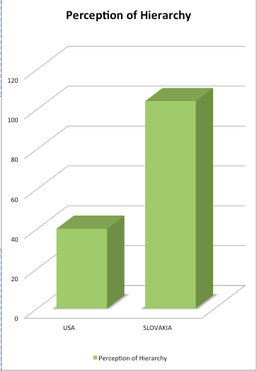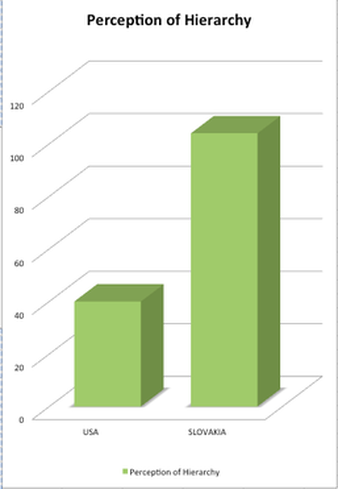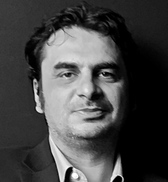CULTURE METRICS: EUROPEAN ENTREPRENEURSHIP @STANFORD: Matej ftacnik & the SLOVAK startup ecosystem3/1/2015
Americans and Europeans alike are often looking into cloning the Silicon Valley model, without realizing that "the Valley" exists as it is in Northern California because of the specific context and background. Which are both dependent, amongst other things, on a specific, local culture, with
specific values. Many of the start-up founders have a high ability to adapt to and learn from the national and organizational cultures. The European Innovation and Entrepreneurship series has brought to Stanford culturally informed and intuitive leaders. However, most people are too focused in their business model or product, oblivious to the fact that cultural values influence decision making and choice, including the way we do business. Let's say that your culture values and reinforces reflection instead of action, and 35 hours work week + 1 month mandatory vacation, instead of 60 hour work week + guilt for daring to think about vacation. Where do you think the Silicon Valley startup and entrepreneurship culture would be replicable?
Please NOTE: the following are all average cultural metrics: not all individuals belonging to a culture validate this data. It is the reason for which, in my coaching and consulting jobs, I individualize each results by using a personal cultural intelligence assessment. 
There were a couple of intercultural differences identified by Matej Ftacnik at Slovakian entrepreneurs and MBA students: (1) difficulties giving public speeches and (2) difficulties interviewing potential customers. Going out and engaging with complete strangers in Slovakia is usually considered very rude and a serious invasion of privacy.
In order to illustrate these --predictable!-- differences I will present here the intercultural differences between the U.S. and Slovakia using a culture metric that has to do with perception of power and hierarchy within a social and cultural system. There is a huge gap between the US value (40) and the Slovakian one (104!). How does that translate in behavior? Well, imagine that the Slovakian kids are taught by their social environment to accept a hierarchical order, where everybody has a designated place, which needs no further justification. Status and privilege are important, questioning your boss or teacher, or taking a personal initiative, are not encouraged. The US American socio-cultural environment, on the other hand, tends to minimise inequality and promote informal business interaction, regardless of the position and power of the person they interact with. To be very sure, a specific perception of power and hierarchy is not good, or bad. It simply reflects the values that have shaped the paradigm in which a culture functions, and major changes of those values are perceived as confusing or even threatening. Bellow you have Matej Ftacnik's presentation on the Slovak Startup Ecosystem and a video of the whole session.
Mikko Järvenpää is the COO of the Latvian startup Infogram, and founder and CEO of Vuact. For my story on Culture Metrics and Mikko's Stanford presentation please go here.
1 Comment
|
Cosmin Gheorghe"You never draw out of the deep of yourself that which you want; you always draw that which you are." Archives
November 2015
|



 RSS Feed
RSS Feed
